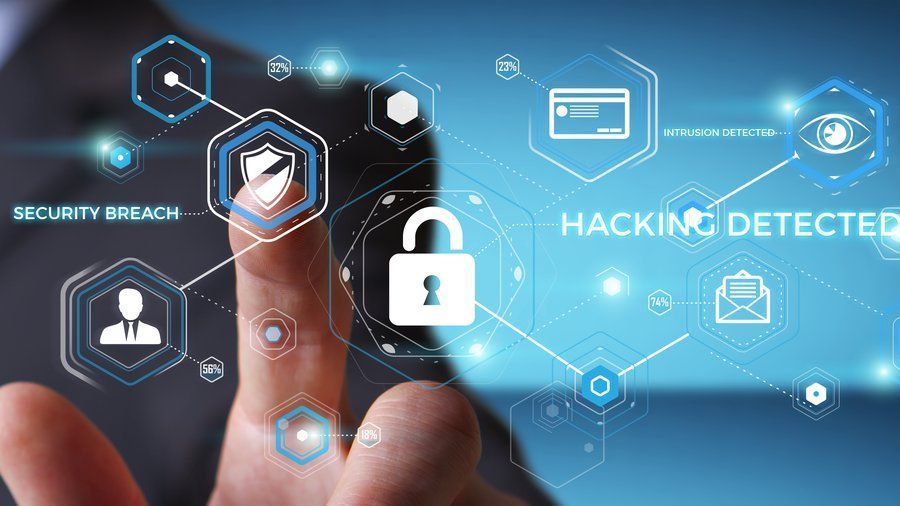Follow Us
10 Street Name, City Name
Country, Zip Code
555-555-5555
myemail@mailservice.com
5 Ways to Protect Your Digital Identity
Don't wait until it's too late...
In today's digital age, protecting your digital identity is more important than ever. With cyber threats on the rise, it's essential to take the necessary steps to keep your personal and sensitive information safe. Here are five ways to protect your digital identity:
Use strong and unique passwords:
One of the simplest and most effective ways to protect your digital identity is by using strong and unique passwords for all your online accounts. Avoid using common phrases or easily guessable information such as your date of birth or pet's name. Instead, use a mix of uppercase and lowercase letters, numbers, and symbols. Consider using a password manager tool to generate and store complex passwords for you.
Enable two-factor authentication:
Two-factor authentication is an extra layer of security that requires you to provide two forms of identification to access your account, such as a password and a verification code sent to your phone. Enabling two-factor authentication adds an additional layer of security to your online accounts, making it much harder for hackers to access them.
Be cautious with public Wi-Fi:
Public Wi-Fi networks can be convenient, but they can also be a security risk. Hackers can intercept data transmitted over public Wi-Fi, including login credentials, credit card numbers, and other sensitive information. Avoid using public Wi-Fi networks for sensitive activities such as online banking or shopping, and use a virtual private network (VPN) when you must use public Wi-Fi.
Keep your software up to date:
Software vulnerabilities are a common way for hackers to gain access to your digital identity. Keep your operating system, web browsers, and other software up to date to ensure you have the latest security patches and updates.
Be wary of phishing scams:
Phishing scams are fraudulent emails or websites that appear to be legitimate, but are designed to steal your personal information. Be wary of emails or messages asking you to click on a link or provide personal information. Avoid clicking on links from unknown sources, and verify the legitimacy of the sender before sharing any personal information.
In conclusion, protecting your digital identity is crucial in today's world. By using strong and unique passwords, enabling two-factor authentication, being cautious with public Wi-Fi, keeping your software up to date, and being wary of phishing scams, you can significantly reduce the risk of your digital identity being compromised. As an IT consulting firm, we can help you implement these strategies and more to protect your digital identity and keep your online presence secure.




